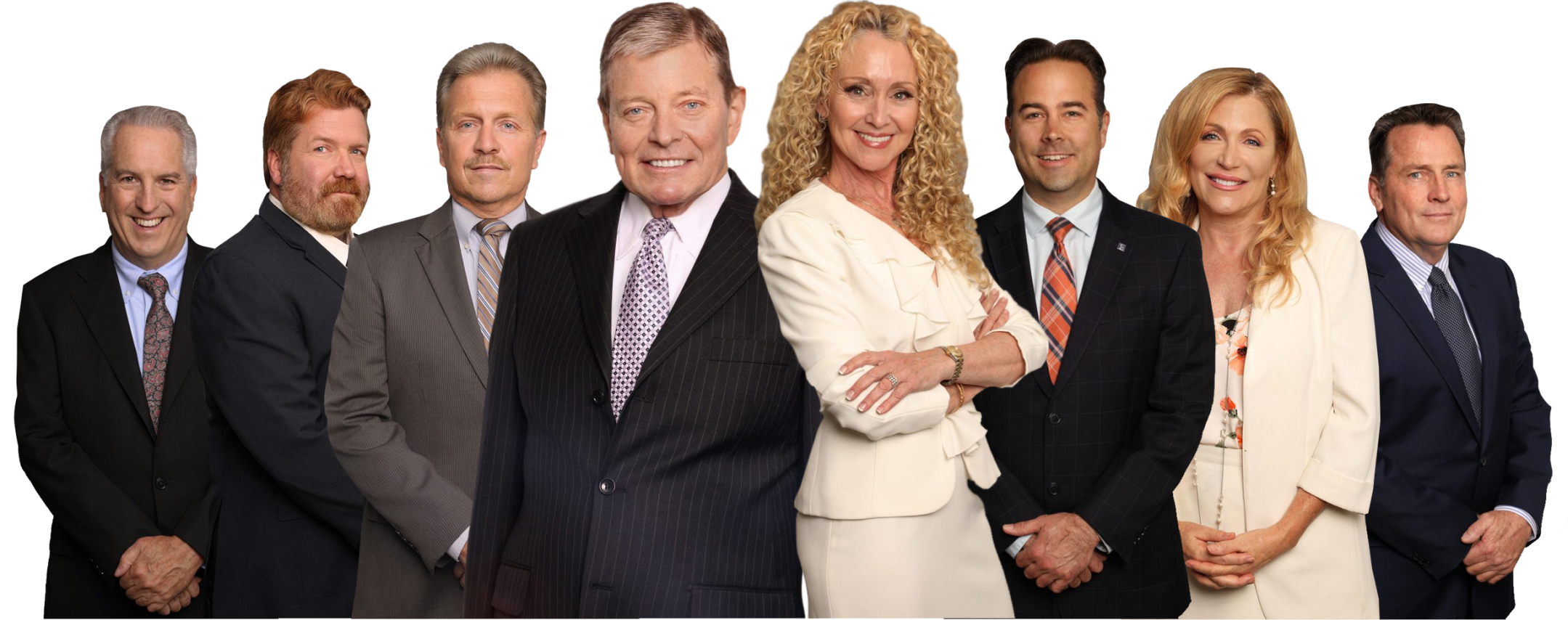Public Safety Faqs
Always consult with a knowledgeable representative/lawyer before responding to any report, letter, memo and/or questions concerning an investigation which could possibly lead to punitive action. If ordered to proceed in the absence, record or memorialize the non-waiver statement.
DOES MY EMPLOYER HAVE TO TELL ME WHAT I’M BEING INVESTIGATED FOR?
An Officer must be provided with “reasonable advance notice” of the nature of the investigation prior to any interrogation.
CAN MY EMPLOYER INTERVIEW ME OFF-DUTY?
Interrogations are to be conducted “at a reasonable hour”, “preferably at a time when the public safety officer is on duty”or during normal waking hours, unless the seriousness of the investigation requires otherwise.
CAN I RECORD MY OWN INTERVIEW?
Yes, and you should do so. Keep the recorder visible when recording.
I HAVE BEEN ADVISED OF MY MIRANDA RIGHTS. WHAT SHOULD I DO?
Refuse to answer any questions and contact a lawyer immediately.
DOES POBRA PROTECT ME WHEN I’M INTERVIEWED BY CRIMINAL INVESTIGATORS?
No, POBRA does not apply to “investigations concerned solely and directly with alleged criminal activities”.
MY SUPERVISOR WANTS TO QUESTION ME. DO I HAVE A RIGHT TO A REP/ATTORNEY?
You do not have a right to a rep/attorney for routine, supervisory contacts. Consider, however, asking your supervisor the following: “Could my answers to your questions lead to discipline?” Unless your supervisor unequivocally says “No”, then demand to have a rep/lawyer before any questioning starts.
I’VE BEEN INVOLVED IN A SHOOTING AND MY SUPERVISOR IS ORDERING ME TO PROVIDE A PUBLIC SAFETY STATEMENT, AM I ENTITLED TO A REP/ATTORNEY FIRST?
No, due to the immediate need to take action, you do not have the right to wait for representation to answer limited questions related to public safety.
CAN I BE TERMINATED FOR REFUSING TO ANSWER QUESTIONS IN AN IA INTERVIEW?
The refusal to answer questions related to official duties or your fitness to be a police officer when ordered to do so, may be deemed insubordination, which could lead to termination.
Firefighter Frequently asked question
IS FBOR THE SAME AS POBRA?
The FBOR was modeled after POBRA and provides firefighters with many of the same protections afforded to peace officers. In addition, because the POBRA has been in existence for over 40 years, there is a great deal of case law interpreting the POBRA that can be applied to firefighter disciplinary actions.
I RECEIVED A NOTICE TO APPEAR FOR AN INTERVIEW. HOW DO I KNOW WHAT THE ALLEGATIONS ARE?
The notice of interview should state the nature of the interview and include enough information for the firefighter to meaningfully consult with a representative before the interview.
I HEARD I AM BEING INVESTIGATED FOR AN INCIDENT AT WORK, BUT I HAVEN’T BEEN TOLD ANYTHING BY THE DEPARTMENT. DON’T THEY HAVE TO NOTIFY ME FIRST?
In short, unless provided by local personnel rules or MOU, there is no requirement for an agency to notify an employee before investigating an allegation. The FBOR does not require an agency to notify a firefighter he or she is under investigation until summoned for an interrogation.




